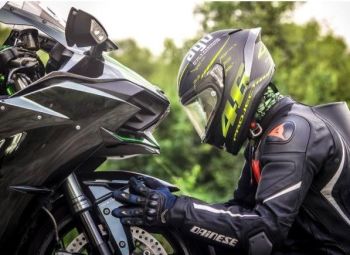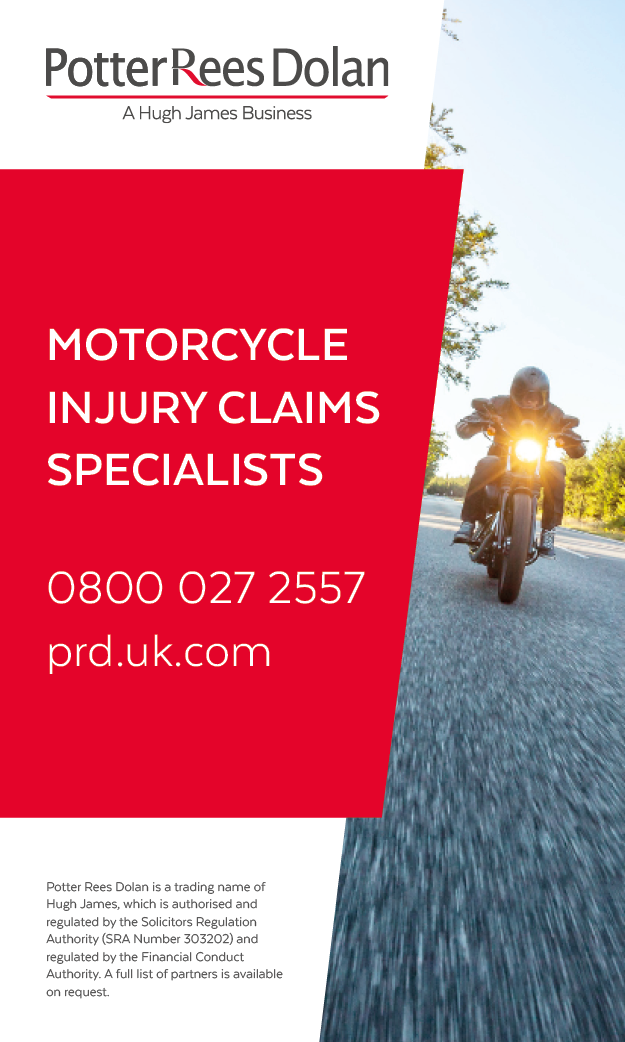Ride smarter this summer: GEM urges motorcyclists to put safety first
Posted on
ROAD SAFETY and breakdown organisation GEM Motoring Assist is keen to ensure motorcyclists put safety first on rides this summer. At the heart of this call, according to GEM, is a focus on rider skill for those who may be back into biking after a lengthy gap. 
There were 285 motorcycle fatalities in 2020 (the most recent available figures), with 4,429 seriously injured. Date from recent years consistently shows that ‘born again bikers’ (males aged between 40 and 60) continue to be an over-represented group in collisions.
GEM chief executive Neil Worth commented: “There’s a lot of satisfaction to be gained from riding a motorcycle with skill and precision. That’s why we’re encouraging riders to give themselves a ‘skills MOT’ which will help ensure they lower the risks they face on journeys – and greatly reduce the likelihood of being involved in a collision.
“The recent heatwave has placed unprecedented pressure on the already overstretched emergency services this summer, so anything we can all do as road users to avoid adding to this pressure will help save lives.”
Follow GEM’s simple ‘lifesaver’ safety tips and reduce the risk of being involved in a collision:
- Invest in a refresher day with a training professional. Search online for motorcycle training days or consult your local club or advanced motorcyclists’ group.
- Motorbikes are capable of rapid acceleration and high speeds, but if you’re back into biking after a lengthy gap, then your reactions are likely to have slowed down. Typically, a 55-year-old’s reactions will be almost a third slower than those of a 25-year-old.
- Ensure self-preservation is your priority. The predominant cause of motorcycle crashes is the failure of car drivers to detect and recognise motorcycles in traffic. So, wear high visibility clothing on all journeys, and ride in a way that gives others a better chance of seeing you.
- Please invest in the best protective equipment you can afford. For example, your helmet should be comfortable and fit correctly (for details of ‘SHARP’, the national helmet safety scheme, visit sharp.dft.gov.uk).
- Choose boots that are sturdy, well-fitting and above ankle height. Remember, nearly one fifth of all hospital admissions for motorcycling injuries involved broken bones in the lower leg, so providing protection for ankles and feet is vital.
- On a ride, don’t go beyond your comfort zone, especially if you’re riding in a group. If your friends are cornering too quickly for you, let them go and join them at the next junction.
- Try not to dwell on your errors as you go along. Plan 10 to 15 seconds ahead, anticipate the next hazards. When you stop for a break, reflect on anything that didn’t go to plan, ask what you have learnt and how you can reduce the chance of the same thing happening again.
article supplied






